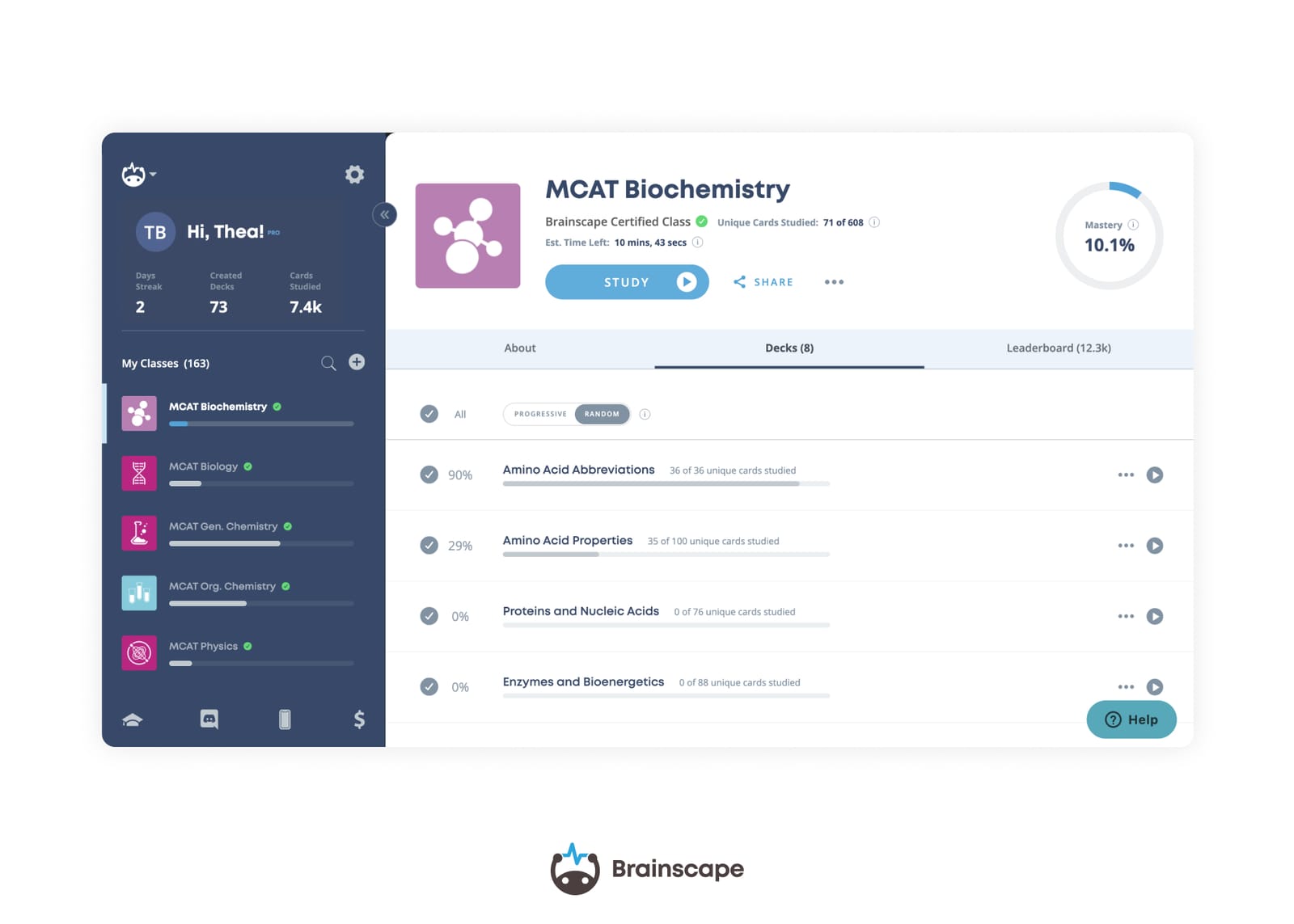“If you don’t pick a day to relax, your body will pick it for you.”
Lately, I’ve been seeing this unattributed quote floating around the Internet, usually in meme format. Cheesy as it may be, it’s crazy how stark a turnaround it represents from the sentiments that were common just a few years ago, which were more along the lines of “Greatness doesn’t take days off.”
Can you smell the toxic capitalism?
The truth is that great people do take days off, and the mindset that taking breaks is a sign of weakness is actually both mentally and physically unhealthy.
Studies have found that overwork is correlated with a significantly increased risk of heart attack and stroke. That might not seem immediately relevant to you, but it’s also associated with a weakened immune system. So if you don’t pick a day to relax, your body may very well choose for you to take a week or more off when you suddenly come down with the flu or worse.
All of this means that the recent societal trend toward self-care and valuing study breaks is a really positive one. But in the midst of MCAT prep, it can still be tempting to think that this doesn’t apply to you, that you can’t afford to take breaks.
I’m not trying to dismiss these feelings entirely; they’re natural and to some degree unavoidable. But I do want to impress upon you that taking days off will help your performance, not hurt it, as long as you do it rationally.
And so, in this article, we’ll discuss the best MCAT prep approach to taking study breaks, whether you’re just beginning to formulate your study plan or—because it’s never too late—you’re already deep into your prep.
How Often Should I Be Taking The Day Off During MCAT Prep?

To an extent, this depends on the length of your study plan. If you’re taking three to four months to prep and your schedule is fairly light, one day off per week is extremely reasonable. If you’re taking longer, multiple days per week can be okay, too.
Having said that, we’ve worked with many students who have really crazy schedules, like nurses working 12-hour days, three days per week. In such situations, it’s unreasonable to plan to study on those days; either it won’t happen and you’ll feel bad about yourself, or you’ll get some studying in but retain the material poorly.
Do yourself a favor and—if you expect certain days to be dominated by other obligations—ensure that your MCAT study schedule plans for those days off, starting now. Even if you aren’t sure which days you’ll be working a month or two or three from now, knowing roughly how many days per week you won’t be able to study will really help you decide on a reasonable study plan length.
What If I Only Have A Few Months To Study?
Many of you might fall into the opposite bucket, where you have a shorter amount of time to prep. Say you have two months until your test date. I would actually argue that you should still be taking the day off once per week.
If you think about it, two months is about eight or nine weeks, so this only means eight or nine days off until your test date. This really isn’t a ton of time, and the benefits it can confer to your health and your productivity on the other six days of the week can be enormous.
What If I Only Have Weeks To Study?
At this point, you can consider taking a half-day off per week instead of a full day, as long as you’re disciplined about not letting your studying bleed into that half-day. But I would do this cautiously, and if you find yourself getting to a point where you’re so behind that even a half-day doesn’t seem like something you can spare, I would highly recommend considering moving your MCAT test date.
This is a situation that I have so much empathy towards because I’ve worked with tons of students in this same exact boat, where it feels like the only way out is to study all day, every day. Unfortunately, even putting quality of life aside, the score-related outcomes of this approach are very rarely good.
What Makes For Good Study Breaks?
Let’s say you now know how many days off you plan to take, whether it’s multiple per week, one per week, or a half-day per week in extreme cases. What should you do on these days, assuming you don’t have other obligations? And how can you avoid feeling guilty the whole time?
My general rule here is that you should try to do things that benefit your physical and mental health. This way, you’re improving your MCAT outcome indirectly. One thing that clearly benefits health is exercise, so if you don’t have much time to go for a run (or even a walk!) on study days, do that on your off day. If you can get into nature, somehow, even better.
Another thing that has verified, demonstrable benefits to mental clarity and physical health is seeing people whom you like and enjoy hanging out with. It’s highly common for MCAT students to feel isolated from their non-premed friends while they’re studying. Do yourself a favor, and plan to see those friends on your off day.
I’d even go so far as to say it’s worthwhile to plan your off day around when your favorite people are available, because I cannot stress enough how good this is for you. Even spending time with pets or watching your favorite show can mimic some of these benefits.
Okay, what if hanging out with my friends means getting a hangover?
Ha! The struggle is real!
Time with friends can sometimes bring up a, shall we say, approach-avoidance conflict with regard to the whole “physical and mental health” thing. For instance, what if the main activity you do with your friends is going down to the pub? As someone partial to that pastime myself, I’m going to go out on a limb here and say that even this can be a good use of your day off, due to its capacity to remind you that you’re still a person with a life.
However, as always, it’s important to be realistic. If you can partake with as much moderation as possible, great. If not—say, if you know you’re going to be hungover the next day—I recommend getting creative with your “day” off. For example, if you’re going to a friend’s party on Friday night, you can study for a half-day on Friday morning, take Friday night and Saturday morning off, and get back into studying on Saturday afternoon.
This Won’t Work For Me: Taking The Day Off Makes Me Feel Too Guilty
If you still don’t think you’ll be able to take a day off without guilting yourself over not studying, there are other ways to cope.
One way that takes advantage of your own psychology is to plan to go somewhere other than where you normally study. If you typically study at home, you’ll associate the context of home with MCAT prep, and it’ll be very difficult to, say, binge a Netflix show in the same chair you took an FL in just a few days prior.
Make a change. Take your breaks away from home by going for a walk or watching Netflix in the bath (just don’t drop your device in the bathwater).
By that same token, try studying at the library or your local coffee shop. Sometimes, a change of scenery is as good as a holiday. You could even go for a walk and silently teach what you’ve just studied back to yourself. This is called the Feynman Technique, and it’s a really effective trick for reviewing knowledge you’ve just spent hours learning.
OR put away the books, pick up your device, and spend some time running through a digital flashcard app like Anki or Brainscape. It’s a change of pace from the textbook and an engaging way to test your subject knowledge. Plus, they're proven to increase your learning speed!

Unlike passive study methods like re-reading a text or watching a lecture, flashcards force you to actively recall information from your brain instead of recognizing it internally, which helps you learn faster. Many digital flashcard apps, including Quizlet and Brainscape, also automate spaced repetition, which means that they organize the order of your flashcards so that you see a fact at just the right time, which has been proven to improve long-term learning in hundreds of studies.
Educational studies on the impact of these adaptive algorithms show that they significantly increase the learning speed of medical students and result in higher scores on the USMLE and MCAT.
Why Am I Even Doing This?
Here’s one final tip: spend your day off reminding yourself why you wanted to be a doctor in the first place.
If you had a relative with a health problem when you were a kid, call a family member and ask them about their experiences with the healthcare system. If you thought brain surgery was cool, read articles and watch videos about awesome surgical advances. Or if you’re like I was and you first wanted to become a doctor because you loved Grey’s Anatomy, watch reruns. And through all of the soap opera ridiculousness, imagine what you’ll be like when you’re a doctor: who you’ll work with, how you’ll interact with them, and the wide variety of human experiences you’ll encounter and learn from.
(There’s a lot of potential for quality daydreaming in there …)
A Final Note On The Need For Good Study Breaks
The best MCAT preparation requires consistency: consistent, daily study habits. And yet, paradoxically, if you don’t take a few good study breaks here and there, you’re almost sure to hit a wall, whether it’s a mental or physical one.
This really emphasizes the importance of creating a detailed study plan at the outset of your MCAT journey; one that portions out your study time intelligently, with sufficient time to allow for at least one day off per week. You’re human. You need a break.
No matter how stressed you may feel about taking the day off, as a premed, time to decompress is actually one of the most valuable things you can do (provided you spend it wisely). And it will pay huge dividends in energy and motivation for a long time to come!
Additional Reading
- How And When To Take Study Breaks For Optimal Learning
- How To Avoid Distractions During MCAT Study
- When To Study In Groups, And How To Do It
References
Deng, F., Gluckstein, J. A., & Larsen, D. P. (2015). Student-directed retrieval practice is a predictor of medical licensing examination performance. Perspectives on Medical Education, 4(6), 308–313. https://doi.org/10.1007/s40037-015-0220-x
Kang, S. H. (2016). Spaced repetition promotes efficient and effective learning. Policy Insights from the Behavioral and Brain Sciences, 3(1), 12–19. https://doi.org/10.1177/2372732215624708
Kerfoot, B. P. (2010). Adaptive spaced education improves learning efficiency: A randomized controlled trial. Journal of Urology, 183(2), 678–681. https://doi.org/10.1016/j.juro.2009.10.005
Kornell, N., Hays, M. J., & Bjork, R. A. (2009). Unsuccessful retrieval attempts enhance subsequent learning. Journal of Experimental Psychology: Learning, Memory, and Cognition, 35(4), 989–998. https://doi.org/10.1037/a0015729
Virtanen, M., & Kivimäki, M. (2018). Long working hours and risk of cardiovascular disease. Current Cardiology Reports, 20(11). https://doi.org/10.1007/s11886-018-1049-9
